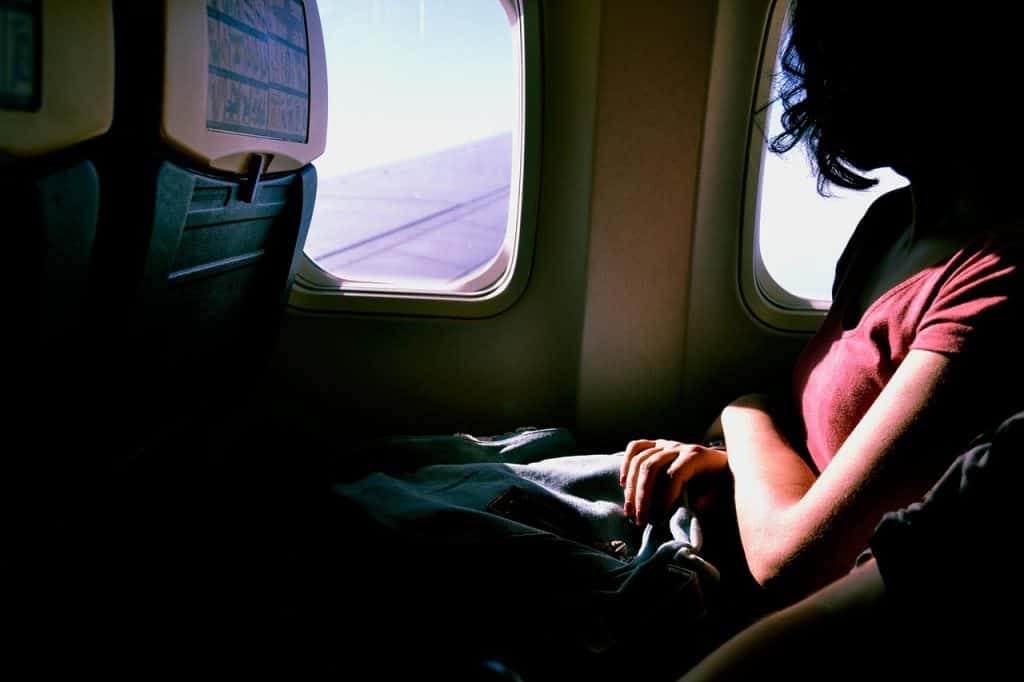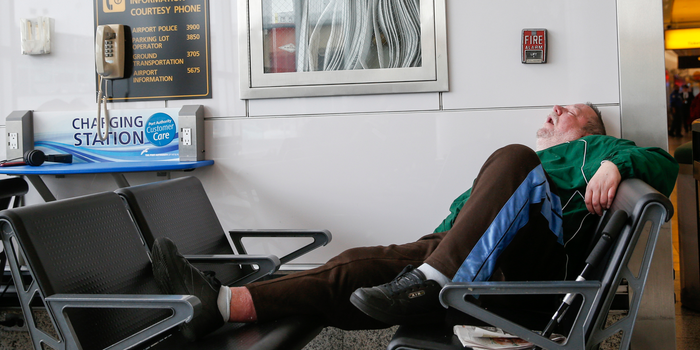Your circadian rhythm keeps your body running like a well-oiled machine (really!) every day. When you disrupt your body's regular rhythms, such as when you travel between time zones, it reacts in predictable ways. It's a dreadful feeling all around; you get extremely sleepy, lose your appetite, and get sluggish and disoriented. When your body's internal clock is severely interrupted, you may have jet lag, which may be a major bummer on vacation.
Pick An Appropriate Time to Show Up.

If you want to avoid the effects of jet lag, you should start preparing as soon as you book your ticket. If you have trouble sleeping on aircraft, it is recommended that you schedule your arrival in the evening so that you may go straight to bed after checking into your hotel. Schedule flights that get in about midday if you like to sleep a lot on planes. Making the most of your additional half-day at your destination requires getting up and around, even if it is 3 am, where you usually sleep.
Split The Journey into Two Parts
The likelihood of experiencing jet lag upon arrival increases proportionally with the number of time zones crossed throughout a single journey. Try to find planes that stop at a location about the middle of your travel route and your final destination. For those traveling to Vietnam (which is seven hours ahead of GMT), a stopover in the United Arab Emirates (which is four hours ahead of GMT) for a few days might be a good idea. By so doing, you can ease your body and mind into the new routine.
Shift Your Sleeping and Eating Schedules
You may minimize the effects of jet lag by shifting your sleep schedule either ahead or backward by a few hours in the days leading up to your flight. You don't have to stay awake for eight hours, but if you normally go to bed at 11, you may try staying up until 1. Your hunger sensations in the middle of the night can be alleviated partly by shifting your mealtimes.
As Soon as You Board Your Aircraft, Set Your Clocks.
You shouldn't hold off till you get there. After you have found your seat, it is important to adjust your watch to the new time zone. If you can, get some sleep if it's nighttime where you are. Long-distance flights typically come with amenity packs that include eye masks and earplugs, which may help block out noise and relax you throughout the ride. For added convenience, some airplanes include slings that may be hung from the underside of the tray table to support your legs. Avoid napping if you arrive at your location during the day. Naps of up to 20 minutes are OK, but you should aim to be fully awake to sleep immediately upon arrival.
Take In Some Sunshine.
The sun's rays stimulate our bodies, so we naturally feel more alert throughout the day and more ready for bed after nightfall. Since the days get shorter when going west to east, passengers have less time to rest and adjust to the time change. To combat jet lag, go for a walk outside in the sunlight, no matter how tired you feel during the day.
Stay Away from Coffee and Alcohol.
It's tempting to go for a cup of coffee or a glass of wine to help you get going in the morning, but these substances disrupt sleep even more. Have that cup of coffee when you get off the plane, but the transition to water at least four hours before bed. The hangover fog you'll feel the next day is another good incentive to stay sober. You've only experienced something like jet lag if you've also got a hangover.
The Early Bird Gets the Worm; Rise and Discover!

Don't give in to the temptation of sleeping since you just got a few hours of rest. Don't just get up on that first day because you set the alarm; motivate yourself. You may book a sunrise walk, dine at a trendy brunch spot, or go on a guided culinary tour first thing in the morning. Getting out into the sunlight and interacting with other people can help your internal clock combat jet lag and reset faster.
If You Have a Short Time Away, Keep To "Home" Time.
Recovering from jet lag can take several days, so if you'll be at your company's Singapore or Seattle headquarters for less than a week, it's OK to disrupt your circadian rhythms. Keep as close to your home bedtime as possible, even if it means getting up at 4 am and going to bed right after work. You won't have to force your body to adapt to a new environment, so you should feel considerably better after you return home.




